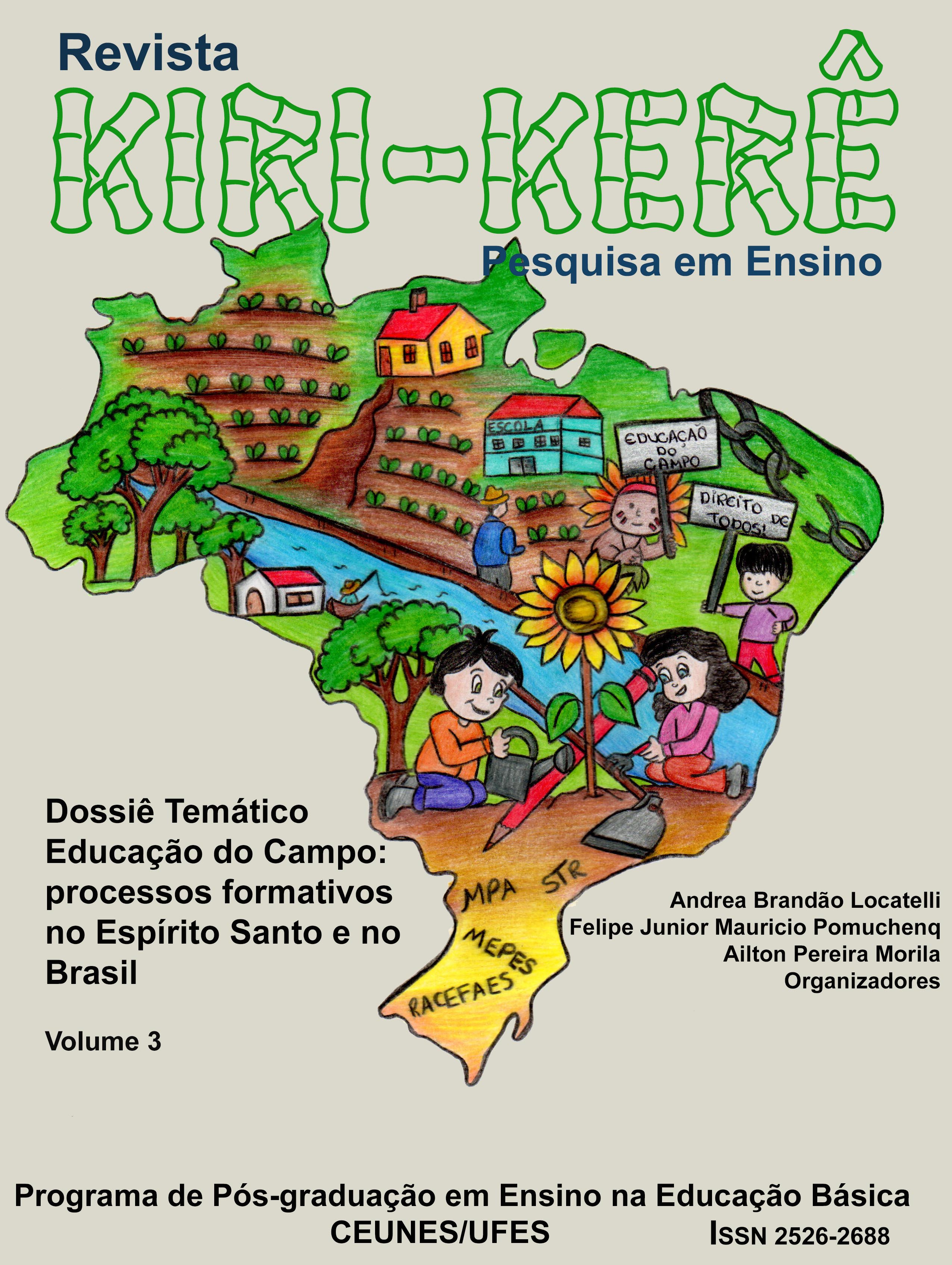The MST Identity (Re)Constitution: The Dimensions For The Construction Of A Pedagogy’s Movement
DOI:
https://doi.org/10.47456/krkr.v3i4.32043Abstract
The purpose of this article is to reflect on the dimensions of the construction of Movement’s Pedagogy articulating with the identities constructed in/of the MST. The investigation permeates the genesis of the Movement, conceptualizes the Movement's identity and Pedagogy and, finally, articulates these concepts that corroborate MST's identity strengthening as a socio-historical and territorial peasant movement. It is from the land and from all the goods produced from the land that the peasantry promotes its existence, its members become humanized and become more and more social subjects in the very movement of the struggle that they directly unleash. Research of a bibliographic delves into the trajectory and the Movement's theme as official texts, documents, scientific productions and productions and results in three dimensions of the Movement's Pedagogy: The radicality of its way of fighting and the subjects it involves ; the educational dimension in which it operates and the combination of different organizational formats. Human formation is associated, linked umbilically to the process of material production of existence whose basis is work, but is not limited to it. When thinking about the cause of struggle of the MST, we seek change and improvement in several aspects and corroborate the Movement as an educational principle with a praxis can enrich the debate on human formation.
Key words: MST, Movement’s Pedagogy, Identity.
Downloads
Published
Issue
Section
License
The authors accept, when sending their works, the assignment of their copyrights.


